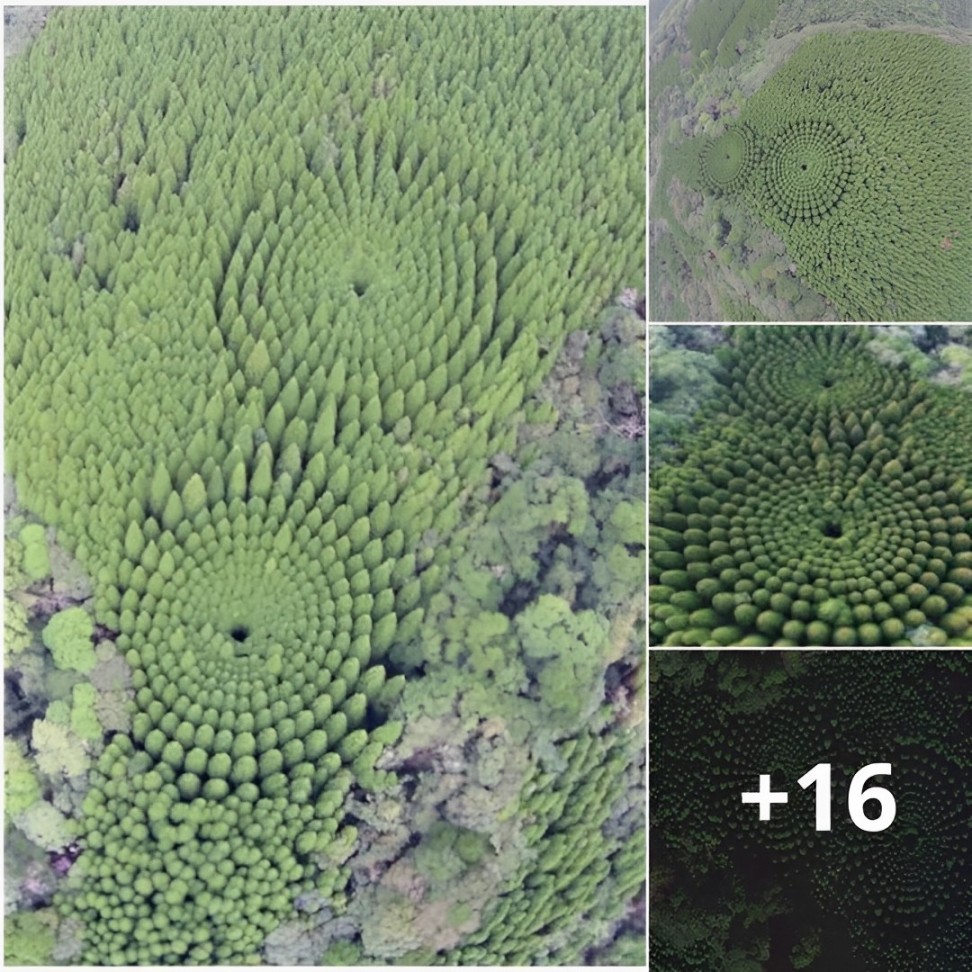In the depths of the frigid Arctic waters, an awe-inspiring and ancient creature has captured the imagination of scientists and marine enthusiasts alike. This remarkable being is none other than the 512-year-old Greenland shark, a living relic that has earned the title of Earth’s oldest known vertebrate.

The Greenland shark, scientifically known as Somniosus microcephalus, is an enigmatic denizen of the icy North Atlantic and Arctic Oceans. This remarkable discovery has left the scientific community astonished, rewriting the record books for the longevity of vertebrates.
Unveiling the Secrets of the Greenland Shark
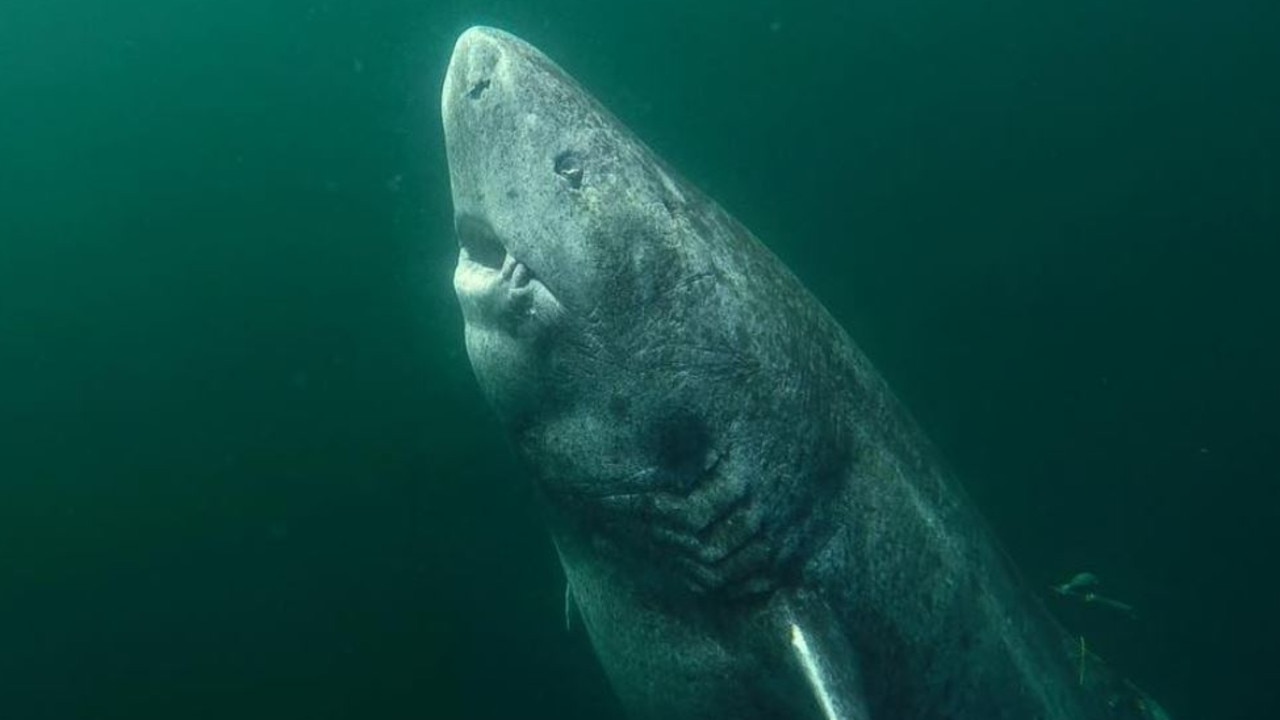
The Greenland shark’s extraordinary age was determined through radiocarbon dating of eye lenses, a method that is fastidious but incredibly accurate. Researchers were astounded to find that some of the examined specimens were over five centuries old, which shatters the previous record of a bowhead whale estimated to be 211 years old.
The key to the Greenland shark’s longevity lies in its exceptionally slow growth rate and low metabolic activity. These sharks grow at a mere 1 centimeter per year, and their metabolic rate is significantly lower compared to other marine species. In fact, their lifestyle is akin to living in slow motion.
The Hidden Life of the Greenland Shark
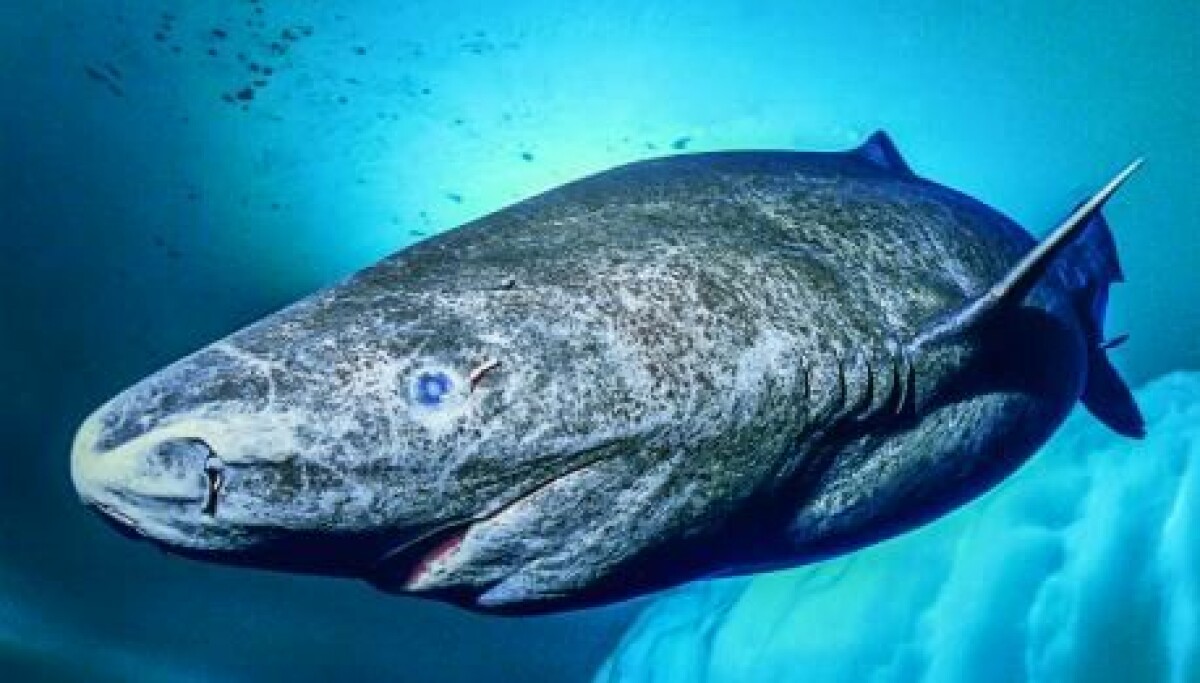
Greenland sharks are elusive and elusive creatures, lurking in the abyssal depths of the ocean. Their slow, deliberate movements make them unlikely candidates for common observation. Their inaccessibility has only added to the mystery surrounding their existence.
These sharks are known for their scavenging habits, primarily feasting on the carcasses of seals, fish, and other marine life that have sunk to the ocean floor. Their scavenging behavior is further testament to their resourceful survival tactics in the harsh Arctic environment.
Surviving the Ages: The Greenland Shark’s Story
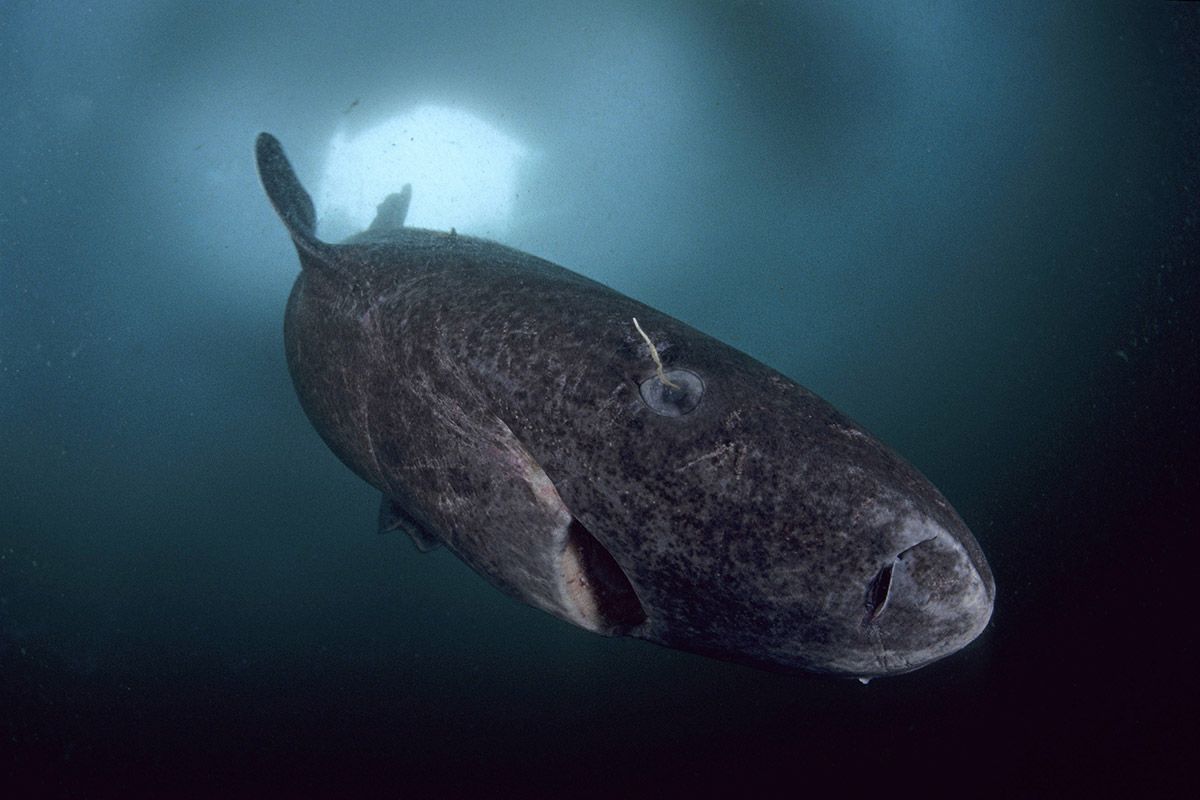
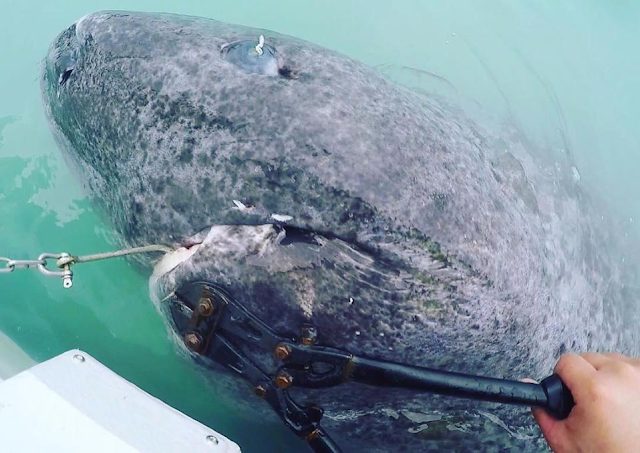
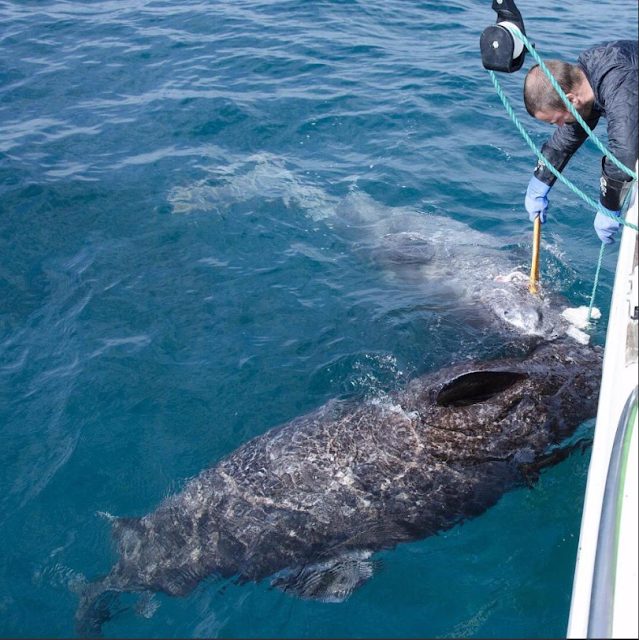
As the world’s oldest living vertebrate, the Greenland shark has lived through centuries of changing climates, ecological shifts, and human impacts on the oceans. Studying these ancient creatures provides an invaluable opportunity to understand the history of our planet and its oceans.
The discovery of the 512-year-old Greenland shark not only expands our knowledge of marine life but also underscores the importance of conservation efforts in the Arctic region. Climate change and overfishing pose significant threats to these sharks, which are crucial components of the Arctic ecosystem.
The remarkable longevity of the Greenland shark is a testament to the resilience of Earth’s ancient creatures. This living relic from the depths of the Arctic serves as a poignant reminder of the importance of preserving the delicate balance of our planet’s ecosystems, ensuring that the Greenland shark and other remarkable species continue to thrive in the future.



